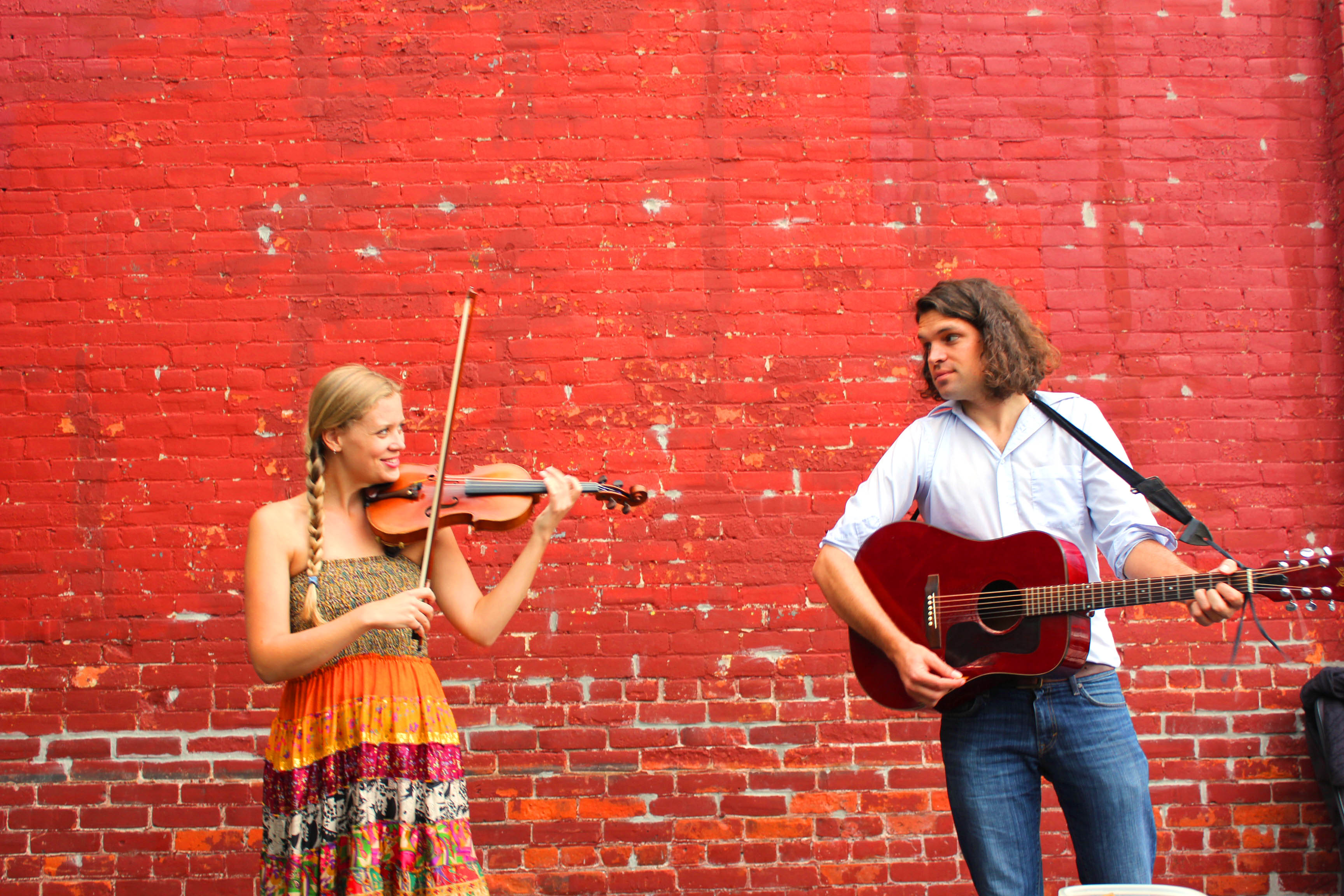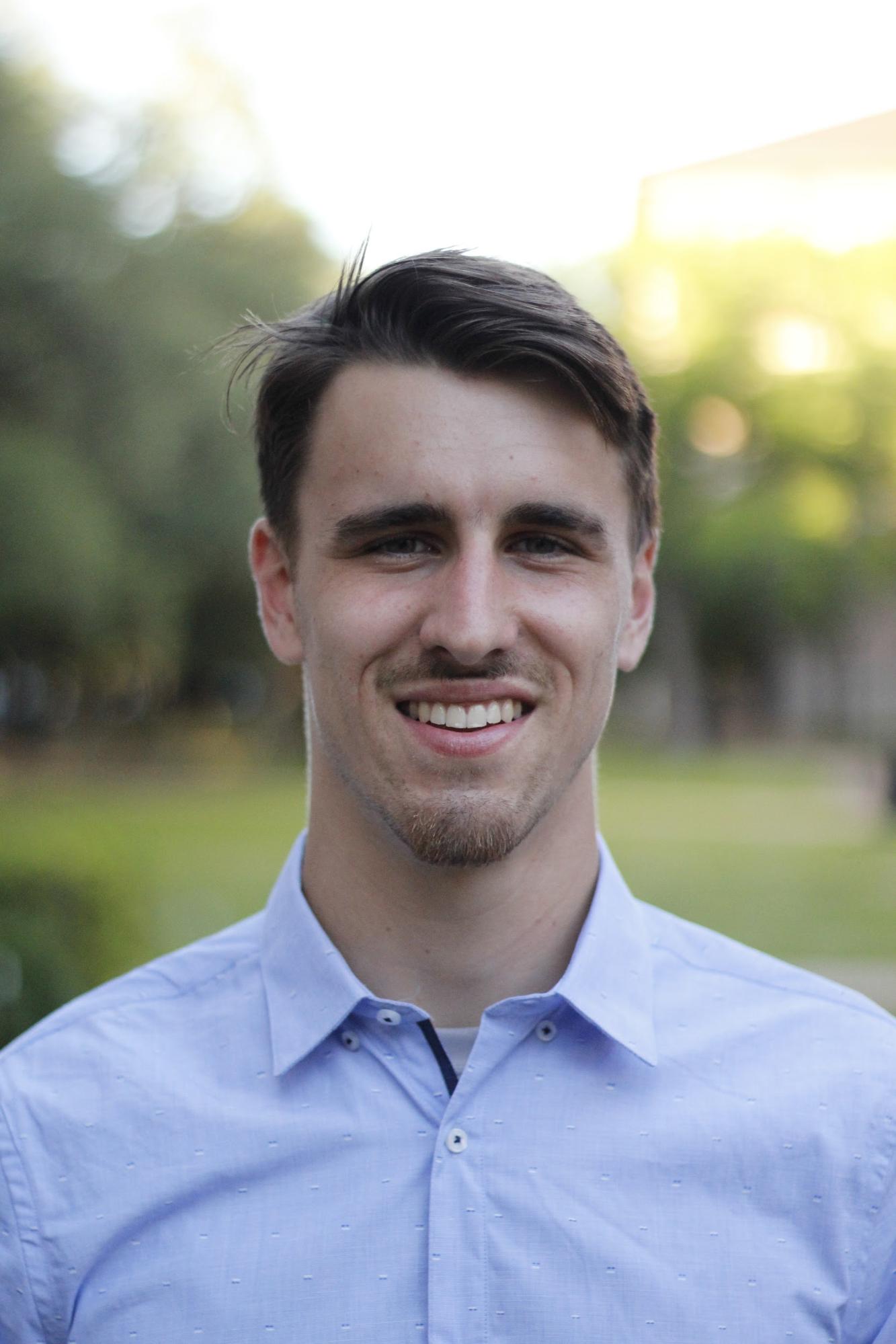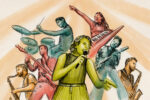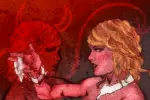I’m told by my parents that the first trace of my interest in music was during my toddler years, when I would set up pots and pans on the kitchen floor to bang on. They didn’t tell me this until I was older — 10 years old to be exact — after I “bought” my own drum set. I had saved up chore money for what felt like forever. At first I could barely play anything, and my parents wondered if drumming would just be a fad, but I knew it wasn’t. The anecdote about the pans, whether true or not, only confirmed my gut feeling.
Right now my musical ambitions are on hold, set aside in another space that doesn’t house the possibilities I consider real options for my life. College has taken its place, and while alongside music that seems like the best option to most, it has not always been a clear cut answer in my eyes. I hope my story sheds light on why that is and helps other students who are weighing their passions against other options and who might be questioning their futures.
During high school my sights were set on college but not toward a career. I wanted to put off thinking about a career for as long as possible, which is a mentality that crept into college as well, unfortunately. The result of that mentality, in high school, was that I invested intellectually in class, but not emotionally. The friends in my friend group more or less earned good grades but we were not at all connected through academic interests. This became extremely obvious when I entered Rice University, where many of the students’ social lives in high school were completely centered around academics. My friends in high school all wanted to go to college, but none of us were even aiming for Rice; I got in because I was recruited to pole vault for their track team.
Most of my energy in high school was directed to — you guessed it — pole vault. Or music. These were my dreams.
Gradually, my musical outlet shifted from drumming to making beats on FL Studio. All of my experiences gave me a perfect foundation. I had been in strings for a few years and played the viola. My twin brother and I had started a rock band in elementary school (whose rehearsals were really just hang out sessions). On a legitimate skill level I had been jamming with my twin, a guitarist, since we were about 13, and I also played drums for a few churches. By high school, though, there was no more jamming, and drumming became duller and duller.
FL Studio, also known as Fruity Loops, is the godfather of beat-making programs and was the perfect next step. The demo version was completely free, allowed tracks to be saved as mp3s and YouTube had tutorials for almost everything the program could do. Most of my progress was through experimentation. I didn’t move on from any one aspect of the program until I had mastered it — even if originally I had only used a component to produce a certain effect, I wanted to know all the effects it could produce and how they worked with different sounds/styles. I would chop up Gregorian chants, Peruvian flute music and meditation music, just out of curiosity for their potential. Soon, I had over 100 instrumentals on two different SoundCloud pages.
For my entire freshman year of college, my SoundCloud remained untouched, but I became aware that people appreciated my lyricism. One day during the spring semester I was out late studying with a friend in Houston and we ran into a local rapper handing out mixtapes. He told us about an upcoming open mic contest. I had never rapped before, but always wrote lyrics and poetry. The host was rapper Wale’s producer, Tone P, the man behind some of my favorite beats of all time. What’s more, the audition was a capella, which I figured would make it easier to rap my lyrics — if I messed up or had to slow down, there would no beat that could leave me in the dust. I had never rapped in front of a crowd, but much to my surprise, my performance in the contest got me to the next round, where my run ended.
After this experience, I began to consider recording the rap I performed over one of the beats I produced. During that summer, I had in mind to record and submit a song to a contest I heard about online. While I was in Virginia visiting my aunt and uncle, I lost track of the deadline for it and figured my chances were screwed. My beat-making had continued, so I had original instrumentals — all I had to do was lay the vocals, but I had no studio and no connections.
I found another free program online, called Reaper, that I used to record the track. Nothing came of the contest, but I realized that I had produced a track in a matter of days. I bounced the idea of continuing to record without a studio off a couple of friends, they asked “why not?” and I was off to the races. By the end of the summer, I had eight songs recorded and mixed on my own laptop.
During sophomore year, I came to a crossroads.
Most of the lyrics I had been using were written throughout high school and college and were written without the intention to go commercial. Some songs were conscious rap, others were just too far out of the norm or too poetic. On one of my songs I translate a piece of an ex-Uruguayan president’s speech on democracy into English before going on a riff against capitalism. If I was going to pursue music as a career, I would have to rethink my style.
I also had to face the fact that in order to sell, the songs I recorded on my laptop would have to be remastered and couldn’t just remain recorded and mixed. In the fall of sophomore year, I collaborated with a far more experienced artist who said that it’s doable, but costly. During our time recording the collab in a studio, I realized the sound quality of my other tracks was not up to par. Through recording and promoting the track with him, I also got a better sense of what it’s like to be an independent artist, which I was just starting to grasp.
In short, I realized I was nearing a point of no return — I would either have to drop everything to give my music career a fighting chance or stop wasting my energy and really focus on school before my grades crumbled. In addition to school, I was balancing my burgeoning music hobby with my life as a pole vaulter on the track team. It helped motivate me and keep me energized, but it was also an obvious time suck. That’s a different story, though.
What made me choose school instead of music was gaining a fresh perspective on both.
Just as I excelled in music, I had excelled in certain classes here and there throughout college. The difference in academics wasn’t aptitude, but that, unlike in music, I hadn’t found any enjoyment or passion to accelerate my advancement. No single subject had resonated with me, meanwhile all my years of drumming seemed to be materializing into concrete skills music-wise. I knew what my strengths were, and I was hungry. My network in the music world had been gradually expanding ever since the open mic. In school, I had changed my major three times already, I didn’t know what I was doing and the people around me didn’t either. I felt like a seed planted in the wrong environment.
All of this isn’t to say that college is not for me — college simply didn’t feel like it was for me. I had to recognize that that feeling isn’t permanent; if one open mic had changed the course of my life regarding music, I knew that there were unforeseen possibilities out there regarding academics as well. My choice to go to school is a choice to be open to finding them, even if it takes longer than I expect. When I started drumming as a 10 year old, I never thought I would record my own lyrics — you can’t rush things, but you can be ready. Expectations are futile. I also realized that if I had been thinking about careers instead of making beats throughout high school, maybe a career path would have caught my eye earlier. The important thing is, even though it didn’t, there’s no reason it can’t now — unless I don’t take my eye off music.

















